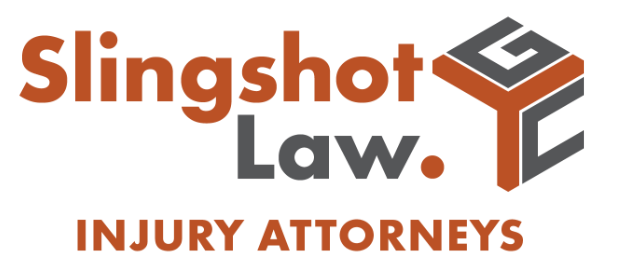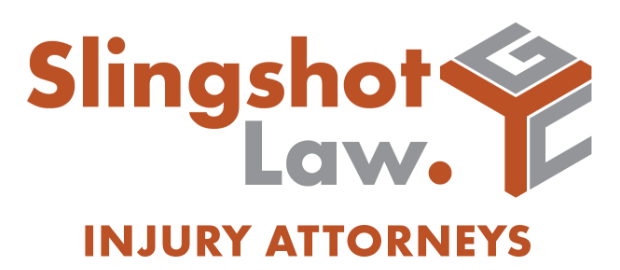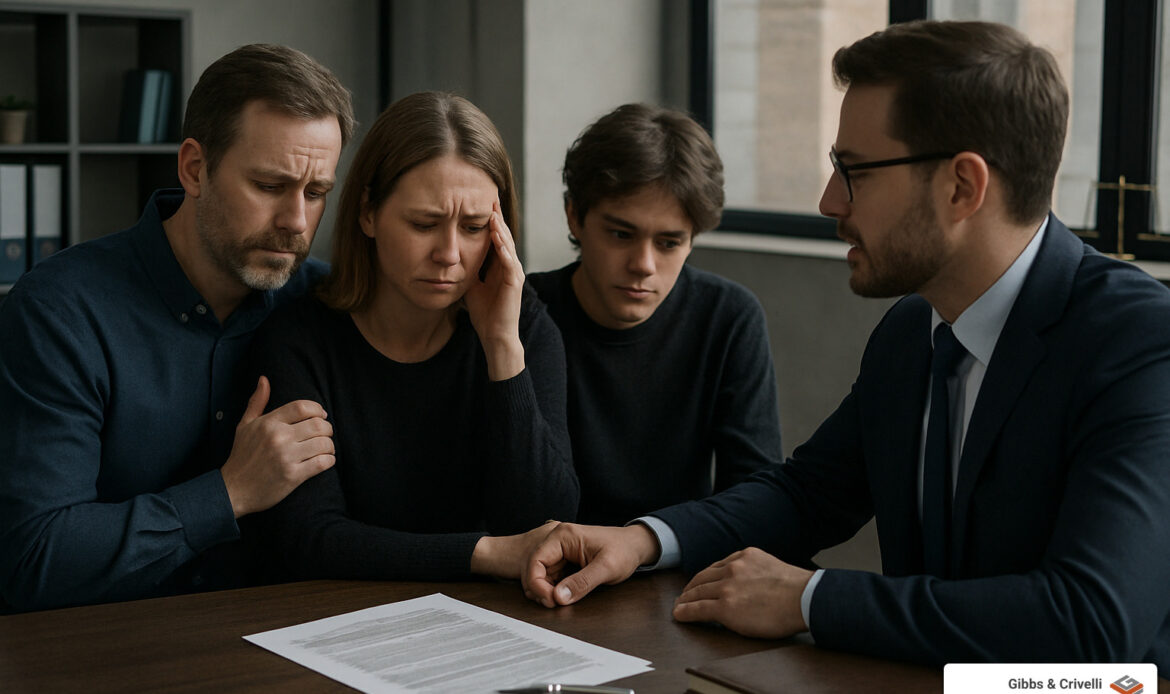When Unexpected Loss Demands Justice
An accidental death lawyer is a legal professional who specializes in cases where someone has died due to another party’s negligence or wrongful actions. If you’ve lost a loved one in an unexpected tragedy, here’s what you need to know:
Quick Guide: Accidental Death Lawyers
- What they do: Investigate deaths caused by negligence, represent families in legal proceedings, and fight for compensation
- When to call: As soon as possible after an unexpected death (ideally within days)
- Who can file: Typically spouses, children, parents, or estate representatives
- Compensation types: Medical expenses, funeral costs, lost income, pain and suffering
- Cost structure: Most work on contingency (no upfront fees, only paid if you win)
- Time limits: In Texas, you generally have 2 years to file a claim
The unexpected loss of a loved one can turn your world upside down. When that loss occurs because of someone else’s carelessness or wrongful actions, the pain is often compounded by confusion about your legal rights and options.
Accidental deaths—whether from car crashes, workplace incidents, medical errors, or defective products—leave families facing not only emotional devastation but also financial hardship from medical bills, funeral expenses, and lost income.
While no legal action can truly compensate for your loss, an accidental death lawyer can help you seek accountability and financial support during this difficult time. These specialized attorneys investigate the circumstances of the death, identify responsible parties, and guide families through the complex legal process of seeking justice.
Unlike criminal proceedings (which punish wrongdoers), accidental death claims are civil actions focused on compensating surviving family members. An experienced lawyer can be the difference between receiving fair compensation and being left with mounting expenses after your loss.

Why This Guide Matters
This guide serves as a roadmap during one of life’s most challenging journeys. We understand that while you’re grieving, navigating the legal system is likely the last thing you want to think about. However, taking timely legal action can provide:
- A path toward emotional recovery through accountability
- Financial justice to help secure your family’s future
- Clear direction when you’re feeling most lost
At Gibbs & Crivelli, we believe that understanding your rights is the first step toward healing. This guide aims to explain the role of an accidental death lawyer and help you make informed decisions during this difficult time.
What Does an Accidental Death Lawyer Do?
When tragedy strikes, an accidental death lawyer becomes your family’s guide, advocate, and voice when you need it most. These specialized attorneys do more than just file paperwork – they stand beside you through one of life’s most difficult journeys, translating your loss into the language the legal system understands.
“The day I lost my husband, I lost my compass,” shares Maria, a client whose spouse died in a workplace accident. “Our lawyer didn’t just handle our case – he helped us find our way forward when we couldn’t see the path.”
At its heart, an accidental death lawyer’s job is multifaceted. They investigate thoroughly to uncover what really happened to your loved one. They identify everyone who may bear responsibility, from negligent drivers to corporate entities that cut safety corners. They calculate the true cost of your loss – not just medical bills and funeral expenses, but the decades of support, love, and income now missing from your family’s future.
These attorneys also serve as your buffer against aggressive insurance companies, represent your interests in court when necessary, and help steer the probate issues that often arise after an unexpected death.
Most importantly, accidental death lawyers typically work on contingency, meaning you pay nothing upfront. They only receive payment if they secure compensation for your family – allowing you to focus on healing rather than worrying about legal bills.
Core Services of an Accidental Death Lawyer
When you partner with an accidental death lawyer, you gain access to specialized expertise that most families simply don’t have during crisis moments.
Your attorney will first conduct a comprehensive case evaluation, examining the circumstances surrounding your loved one’s death to determine if negligence occurred and who might be liable. This crucial first step helps establish whether you have grounds for a claim and what compensation might be possible.
The evidence gathering process begins immediately – and timing matters. Your lawyer will work quickly to preserve critical evidence before it disappears. This might mean sending investigators to photograph an accident scene, securing vehicle data recorders before they’re erased, or obtaining surveillance footage before it’s overwritten.
One of the most valuable services your lawyer provides is expert witness coordination. In complex cases, these specialists help explain technical details in terms judges and juries can understand. A medical expert might clarify how a doctor’s error led to a fatal outcome, or an engineering specialist might demonstrate how a product’s design flaw caused a deadly malfunction.
“The accident reconstruction specialist our lawyer brought in used scientific analysis to prove the truck driver had fallen asleep,” explains Thomas, whose daughter was killed in a highway collision. “Without that expertise, the company would have continued denying responsibility.”
How They Build a Winning Strategy
Behind every successful accidental death case is a carefully constructed legal strategy. Your lawyer will typically begin by obtaining police reports, medical records, and official documentation that establishes the basic facts of what happened.
Physical evidence becomes crucial – your attorney will work to secure damaged vehicles, defective products, or any items relevant to understanding how the fatal incident occurred. They’ll also identify and interview witnesses while memories are still fresh.
Accident reconstruction often plays a pivotal role in these cases. These specialists can analyze skid marks, vehicle damage, and physical evidence to create scientifically sound explanations of exactly what happened in the critical moments before a tragedy.
Your lawyer will also consult with medical experts who can explain complex injuries and treatment decisions, helping establish the link between negligence and your loved one’s death.
Perhaps most importantly, they’ll work with economic analysts to calculate the full financial impact of your loss. This goes beyond immediate expenses to include lost future income, benefits, and even the economic value of services your loved one provided to your family.
In a recent case we handled at Gibbs & Crivelli, we used safety inspection records to prove a property owner had repeatedly ignored warnings about dangerous conditions before our client’s spouse suffered a fatal fall. This evidence was crucial in securing a settlement that provided long-term financial security for their children.
When you’re facing the unimaginable, having an experienced accidental death lawyer by your side means you don’t have to steer this difficult journey alone.
Accidental vs. Wrongful Death: Key Legal Concepts
When you’re grieving, legal terminology can feel overwhelming. Many families wonder about the difference between “accidental death” and “wrongful death” – terms that sound similar but have important distinctions in the legal world.
While these terms sometimes get used interchangeably in everyday conversation, they represent different legal pathways for families seeking justice:
| Aspect | Accidental Death | Wrongful Death |
|---|---|---|
| Definition | Death occurring through unintentional means | Death caused by negligence, recklessness, or intentional harm |
| Legal Action | Insurance claim (like life insurance) | Civil lawsuit against responsible party |
| Intent | Generally no malicious intent | Can involve negligence or intentional acts |
| Who Can Claim | Named beneficiaries on policies | Varies by state; typically immediate family |
| Primary Purpose | Financial support through policy | Compensation and accountability |
A wrongful death claim gives family members the right to seek compensation when someone dies because of another person’s careless or deliberate actions. These claims exist under state laws that vary somewhat depending on where you live.
“A wrongful death action is a civil cause of action brought by family members or dependents against someone who knowingly or negligently caused another person’s death,” explains one legal expert we consulted.
Something many families find comforting: you can pursue a civil wrongful death claim regardless of what happens in any criminal case. The legal standard in civil cases (preponderance of evidence – meaning “more likely than not”) is lower than in criminal cases (beyond reasonable doubt). This means you might still find justice in civil court even if criminal charges aren’t filed or don’t result in conviction.
Elements You Must Prove
Your accidental death lawyer will need to establish four key elements to build a successful case:
Duty of Care: First, you must show the defendant had a responsibility toward your loved one. This could be a doctor’s obligation to provide proper treatment, a driver’s duty to follow traffic laws, or a manufacturer’s responsibility to create safe products.
Breach of Duty: Next, your attorney will demonstrate how the responsible party failed to meet that duty – perhaps a driver was texting, a doctor missed obvious symptoms, or a company cut safety corners.
Causation: The trickiest part is often proving that this failure directly led to your loved one’s death. Your accidental death lawyer will gather evidence showing the clear connection between the breach and the fatal outcome.
Damages: Finally, you’ll need to document the losses you’ve suffered, from medical and funeral expenses to lost income and the profound emotional impact of your loved one’s absence.
Take a medical malpractice case, for example. Your lawyer would need to demonstrate that the doctor didn’t meet professional standards, that this substandard care directly caused your loved one’s death, and that your family has experienced specific hardships as a result.
Common Causes of Accidental Death
Tragic and preventable deaths happen in various settings, with some situations being unfortunately common:
Motor Vehicle Accidents remain a leading cause of accidental deaths. The National Highway Traffic Safety Administration data shows over 33,000 fatal crashes annually, often involving impaired driving, distraction, or reckless behavior. These cases frequently involve complex insurance issues that an experienced accidental death lawyer can help steer.
Medical Errors cause more harm than many realize. A shocking Johns Hopkins University medical-error study found that medical mistakes lead to more than 250,000 deaths each year, making them the third leading cause of death in America – behind only heart disease and cancer.
Workplace Hazards claim thousands of lives annually. According to federal statistics, over 5,000 workers die on the job each year, with transportation incidents, falls, and equipment accidents topping the list. Industries like construction, transportation, and agriculture see the highest fatality rates.
Defective Products can turn everyday items into deadly hazards. From faulty car components to dangerous medications, these cases involve deaths caused by design flaws, manufacturing defects, or inadequate safety warnings.
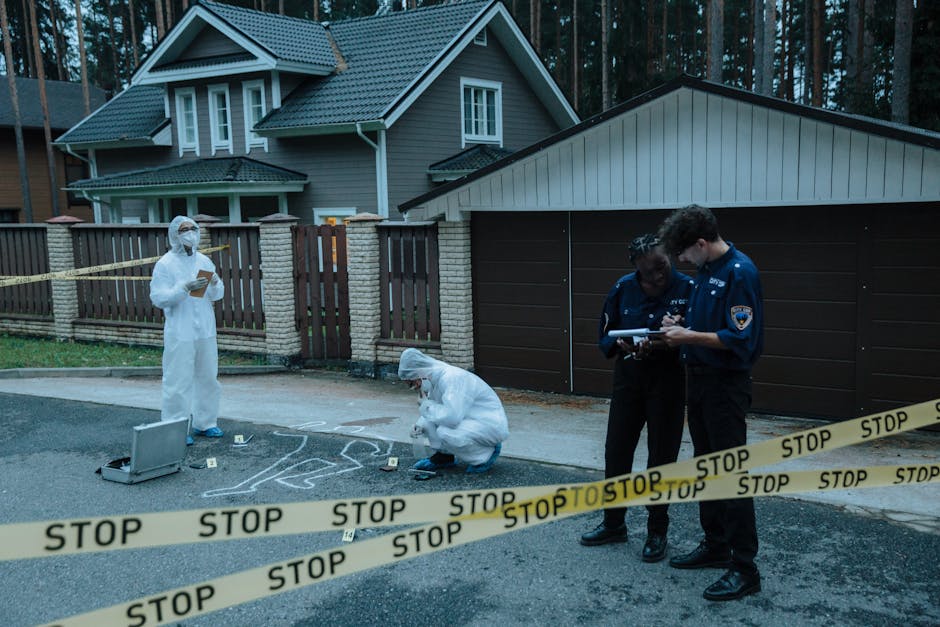
Taking Action After an Accidental Death
The hours and days following an unexpected death are overwhelming. You’re dealing with shock and grief while trying to make funeral arrangements and notify loved ones. But certain actions during this critical time can significantly impact your legal options down the road. Those first 72 hours are especially important for preserving evidence that might otherwise disappear forever.
When to Call an Accidental Death Lawyer
It’s best to contact an accidental death lawyer as soon as you can after the tragedy. I know legal matters might be the last thing on your mind right now, but early intervention really does matter because:
Evidence at accident scenes disappears quickly. Skid marks fade, debris gets cleared away, and witnesses’ memories become less reliable with each passing day.
Insurance companies often reach out immediately after accidents. They may seem sympathetic, but their job is to minimize payouts. They might ask for recorded statements that could later hurt your case.
The statute of limitations clock starts ticking from the date of death, giving you a limited window to take legal action.
Some important legal notices may need to be filed within days or weeks of the incident.
“The responsible party’s insurance company will have investigators and attorneys working immediately to minimize their liability,” one attorney explains. “You need someone working just as quickly to protect your interests.”
The good news is that most accidental death lawyers offer free initial consultations. This allows you to understand your options without any financial commitment during this already difficult time.
Who Can File the Claim?
Not everyone can legally file a wrongful death claim. Each state has specific laws about who qualifies, but eligible parties typically include:
Surviving spouses are usually first in line to file claims. Their emotional and financial losses are recognized as particularly significant.
Children (including legally adopted children) generally have the right to seek compensation for the loss of a parent.
Parents can usually file claims if their unmarried or childless son or daughter dies.
The personal representative of the estate may file if immediate family members don’t.
In Texas specifically, the Wrongful Death Act allows claims by spouses, children, and parents. If these individuals don’t file within three months, the estate’s representative may proceed unless family members specifically request otherwise.
Some states have broader eligibility rules that might include siblings or financially dependent individuals, while others keep the circle of potential claimants much tighter.
Critical Evidence Checklist
Your accidental death lawyer will guide the evidence-gathering process, but there are ways you can help preserve crucial information:
Document the scene if possible. Photos of where the accident happened can capture conditions that might change quickly.
Collect witness information. Names, phone numbers, and brief statements from people who saw what happened can be invaluable.
Secure medical records related to the incident and any treatment your loved one received.
Obtain official reports from police, workplace safety investigators, or other authorities.
Preserve physical evidence like damaged products, torn clothing, or other relevant items.
Save digital communications including emails, texts, or social media posts that might relate to the incident.
Gather insurance information for all potentially responsible parties.
One family shared a powerful lesson: “We thought taking photos at the scene felt disrespectful, but our attorney later told us those pictures were crucial in proving the unsafe conditions that led to our mother’s fall.”
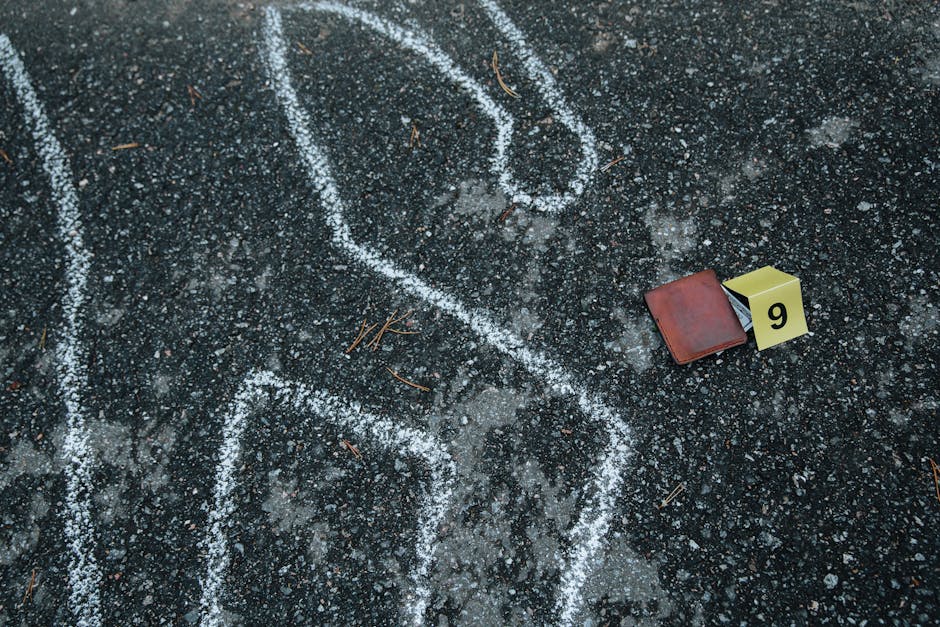
Compensation, Liability & Statute of Limitations
When you’re grieving a loved one, understanding the financial aspects of your case might feel overwhelming. Yet knowing what compensation you deserve, who may be responsible, and how much time you have to act are crucial pieces of the puzzle when working with an accidental death lawyer.
Valuing an Accidental Death Claim
No amount of money can replace your loved one, but compensation can help provide financial stability during this difficult time. Here’s what you might recover:
Your family may receive economic damages – the concrete financial losses that can be calculated with relative precision. These include medical bills from before your loved one passed, funeral and burial expenses, and perhaps most significantly, the income and benefits they would have earned throughout their working life. Many families don’t initially realize that household services – like childcare, home maintenance, or cooking – also have quantifiable value that can be included in your claim.
The law also recognizes non-economic damages – the profound emotional and relationship losses that follow a death. The grief and mental anguish you’re experiencing, the loss of companionship, guidance, and support, and for spouses, the loss of consortium (the legal term for the intimate relationship between partners) all warrant compensation. In cases where your loved one survived for a period before passing, their pain and suffering during that time may also be compensable through what’s called a survival action.
In cases involving particularly reckless behavior, courts may award punitive damages designed to punish the wrongdoer and prevent similar tragedies in the future.
“Juries calculate damages based on factors like pre-death income, expected future earnings, degree of dependence, and sometimes funeral and pain-and-suffering costs,” explains one legal expert who has handled numerous accidental death cases.

Proving Liability Against Multiple Parties
Tragedies rarely have just one cause. Your accidental death lawyer will investigate every possible contributing factor to identify all responsible parties.
Consider a fatal truck accident – responsibility might extend far beyond just the driver. The trucking company that hired them, perhaps without proper background checks or training, could bear significant liability. The manufacturer of a defective truck component, the company that loaded cargo improperly, or even government entities responsible for unsafe road conditions might all share responsibility.
Employers often bear responsibility for their employees’ actions under a legal principle called “respondeat superior,” which essentially means the boss is responsible for what happens on their watch. Product manufacturers can be held “strictly liable” for defective items that cause death – meaning you don’t even need to prove negligence, just that the product was defective and caused harm.
Property owners face liability when dangerous conditions cause fatal accidents under premises liability laws. Even government entities, despite having certain legal protections, can sometimes be held accountable for deaths caused by negligent employees or hazardous conditions on public property.
One family we worked with was initially focused solely on the driver who struck their father, not realizing that a malfunctioning traffic light maintained by the city was equally to blame. By identifying all responsible parties, we significantly increased their recovery.
Deadlines by State
Perhaps nothing is more heartbreaking than a family with a valid claim who waited too long to take action. Every state imposes strict time limits – called statutes of limitations – on filing wrongful death claims.
In Texas, where Gibbs & Crivelli primarily practices, you generally have just 2 years from the date of death to file your claim. This same 2-year deadline applies in many states including Florida and Georgia, while others provide more time – Utah allows 4 years, and Missouri gives families 3 years to take action.
These deadlines become even more complicated in certain situations. Claims against government entities often require special notice within just 6 months. Medical malpractice cases may follow different timelines. In some cases, if the cause of death wasn’t immediately apparent, courts may extend deadlines under what’s called the “findy rule.”
“The statute of limitations is unforgiving,” one of our attorneys often reminds clients. “I’ve seen families with clear-cut cases who waited too long and lost their right to any compensation.”
This is why speaking with an accidental death lawyer promptly is so important – while you’re focusing on grieving and healing, your attorney can ensure crucial deadlines aren’t missed.
Choosing and Working With an Accidental Death Lawyer
Finding the right accidental death lawyer feels a lot like finding a guide for an unfamiliar journey. During this painful time, you need someone who not only knows the legal terrain but also understands what you’re going through emotionally.
How to Pick the Right Accidental Death Lawyer
When my brother lost his wife in a preventable accident, he interviewed several attorneys before finding one who felt right. His experience taught our family that the right lawyer makes all the difference.
Look beyond the billboards and commercials. The attorney with the most ads isn’t necessarily the best fit for your family’s needs. Instead, focus on these key qualities:
Experience and Specialization matters tremendously. An attorney who handles accidental death cases regularly will understand the nuances that general practitioners might miss. Don’t hesitate to ask, “How many cases like mine have you handled in the past three years?”
Track Record speaks volumes about an attorney’s abilities. While past results don’t guarantee future outcomes, a history of successful settlements and verdicts suggests skill and determination. Ask potential lawyers about similar cases they’ve handled and their outcomes.
Resources can make or break complex cases. Proper investigation, expert witnesses, and litigation expenses require significant financial backing. Make sure the firm has the capacity to advance these costs without cutting corners on your case.
Personal Connection might seem secondary to legal expertise, but it’s crucial. You’ll be sharing painful details and working closely with this person during an emotionally raw time. Choose someone who listens carefully, explains things clearly, and shows genuine empathy for your situation.
Local Knowledge gives your attorney an edge. Courts operate differently across jurisdictions. A lawyer familiar with local judges, procedures, and opposing counsel can steer your case more effectively.
As one client told us: “I knew we’d found the right attorney when she remembered details about our son from our first meeting. She wasn’t just fighting for a case—she was fighting for him.”
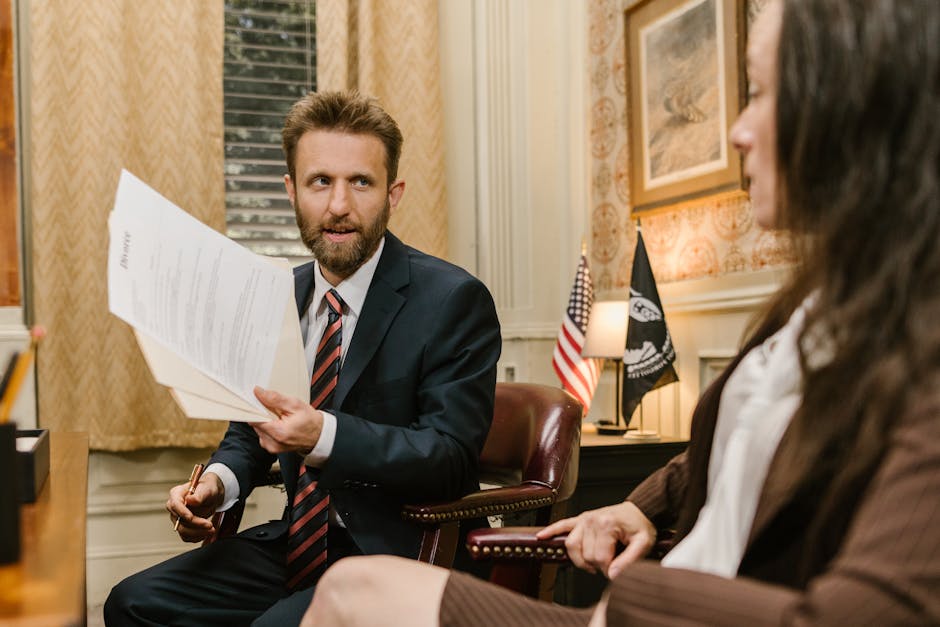
Cost & Contingency Fee Basics
Money is often tight after losing a loved one, and most families worry about affording quality legal representation. The good news? Most accidental death lawyers work on contingency, which means:
You pay nothing upfront. Your attorney only gets paid if you win compensation. If your case doesn’t succeed, you typically owe no attorney fees.
The standard contingency fee ranges from 33% to 40% of your recovery, with the exact percentage depending on several factors. More complex cases or those going to trial may warrant higher percentages. An established firm with specialized experience might charge on the higher end of this range, reflecting their expertise and track record.
Besides the percentage fee, case expenses are another consideration. These include court filing fees, expert witness costs, deposition expenses, medical record retrieval, and investigation costs. Most firms advance these expenses and recoup them from your settlement, but policies vary.
Always get fee arrangements in writing. A reputable accidental death lawyer will explain exactly how fees and expenses work before you sign anything. If something isn’t clear, ask for clarification—good attorneys welcome these questions.
Frequently Asked Questions about Accidental Death Lawyers
What if there’s an ongoing criminal case related to the death?
Civil and criminal cases can proceed simultaneously, though they serve different purposes. Criminal cases punish wrongdoers, while civil cases compensate victims’ families. Your accidental death lawyer will coordinate with prosecutors as needed, but the civil case can move forward regardless of criminal outcomes. The civil system requires a lower burden of proof (“more likely than not” versus “beyond reasonable doubt”), meaning you can win your civil case even if criminal charges aren’t filed or don’t result in conviction.
How long do accidental death cases typically take?
Every case is unique, but most families want a realistic timeline. Simple cases with clear liability might resolve in 6-12 months, while complex litigation involving multiple parties or disputed facts can take several years. Factors affecting timeline include court backlogs in your jurisdiction, the complexity of the investigation, and the willingness of opposing parties to negotiate fairly. Your attorney should provide a realistic estimate based on your specific circumstances and keep you updated as the case progresses.
Can I switch attorneys if I’m unhappy with my representation?
Absolutely. You have the right to change counsel if you’re not satisfied. However, your original attorney may be entitled to compensation for work already completed, usually calculated as a portion of the eventual contingency fee. Before switching, try addressing your concerns directly with your current lawyer—sometimes a frank conversation can resolve misunderstandings. If you do decide to make a change, your new attorney can help manage the transition and any fee-sharing arrangements.
What if the responsible party doesn’t have insurance or sufficient assets?
This is a common concern, but experienced accidental death lawyers know where to look beyond the obvious. They’ll investigate all potential sources of recovery, including:
Additional insurance policies that might apply, such as umbrella policies or employer coverage
Third parties who share responsibility (manufacturers, contractors, property owners)
Your own insurance policies that might provide coverage (like uninsured/underinsured motorist coverage)
As one of our attorneys often says, “The responsible party is rarely the only source of compensation. We look under every rock and behind every door to find all available coverage for our clients.”
At Gibbs & Crivelli, we understand that choosing an attorney is one of the most important decisions you’ll make during this difficult time. We’re here to answer your questions and help you understand your options without pressure or obligation.
Conclusion
Losing someone you love unexpectedly changes everything. The pain, confusion, and uncertainty can be overwhelming – and that’s before you even begin to steer the legal system. While no court case can ever truly make things right again, an accidental death lawyer can provide both guidance through complicated legal waters and help secure financial support your family may desperately need.
The journey through grief is difficult enough without having to worry about insurance companies, legal deadlines, and mounting expenses. At Gibbs & Crivelli, we’ve walked alongside many Texas families during their darkest moments. We understand that behind every case is a real family experiencing real loss.
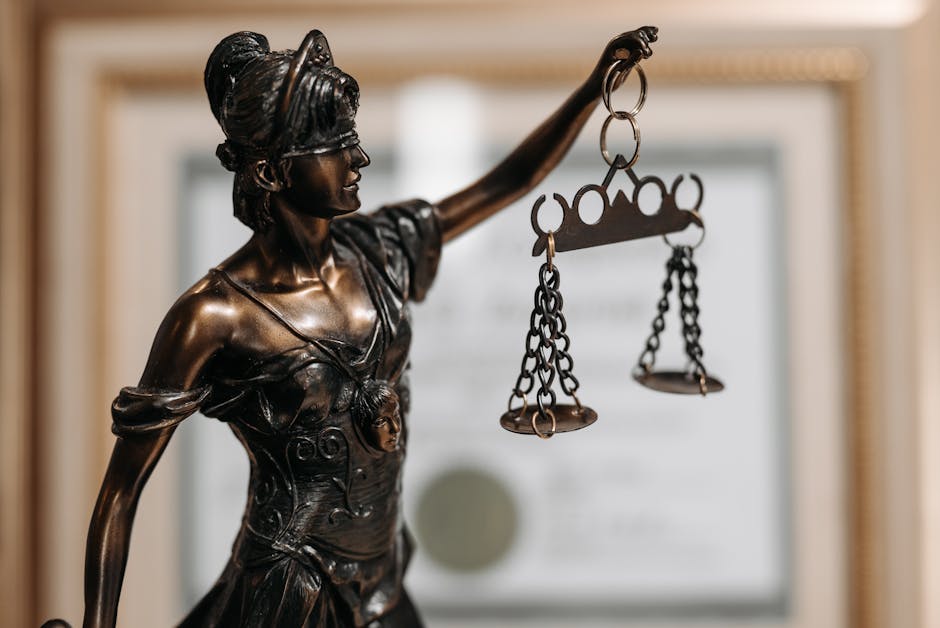
When you’re ready to take the next steps, remember these important points:
Time matters – evidence fades, witnesses forget details, and legal deadlines approach faster than you might expect. Reaching out to an attorney early can protect your rights when you’re least able to think about them.
Know your rights in your state – understanding who can file a claim and what timeframes apply gives you the power to make informed decisions during an overwhelming time.
Choose an accidental death lawyer who specializes in these cases – experience matters when navigating the complexities of wrongful death law and negotiating with insurance companies determined to minimize payouts.
Be prepared for the process – from investigation through potential settlement negotiations or trial, having realistic expectations helps you mentally prepare for what lies ahead.
Most of us never expect to need an accidental death attorney. When tragedy strikes, however, having compassionate legal support can make all the difference – not just in the outcome of your case, but in your family’s ability to focus on healing rather than paperwork.
If you’ve lost someone due to another’s negligence in Texas, our team at Gibbs & Crivelli is here to help. We offer free consultations where we’ll listen to your story, explain your options in plain language, and help you determine the best path forward for your family’s specific situation.
For more information about our wrongful death services in Austin and throughout Texas, please visit our Austin wrongful death lawyer page or reach out for a confidential consultation. While we can’t undo what happened, we can stand beside you as you seek both accountability and the financial support your family deserves.
